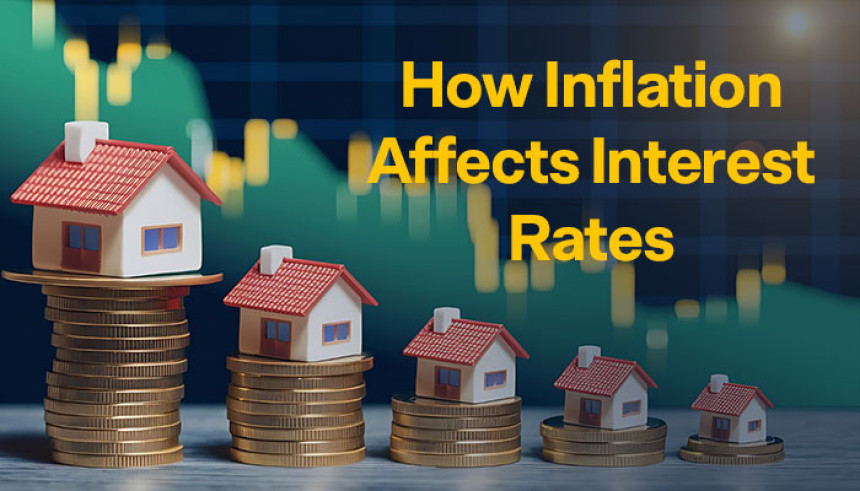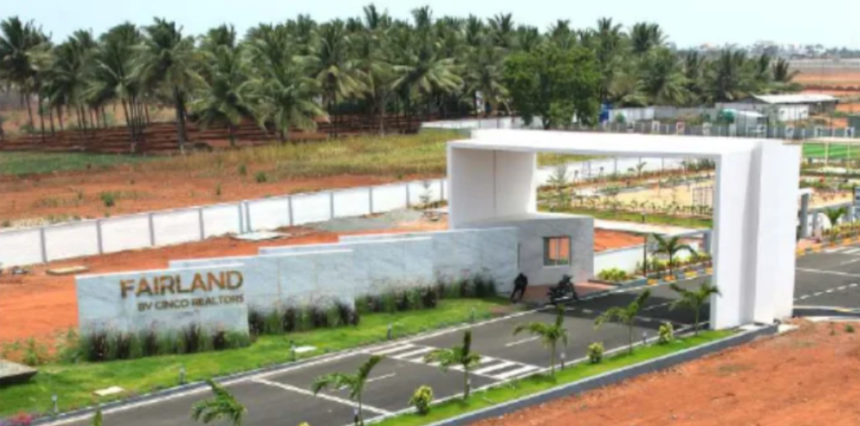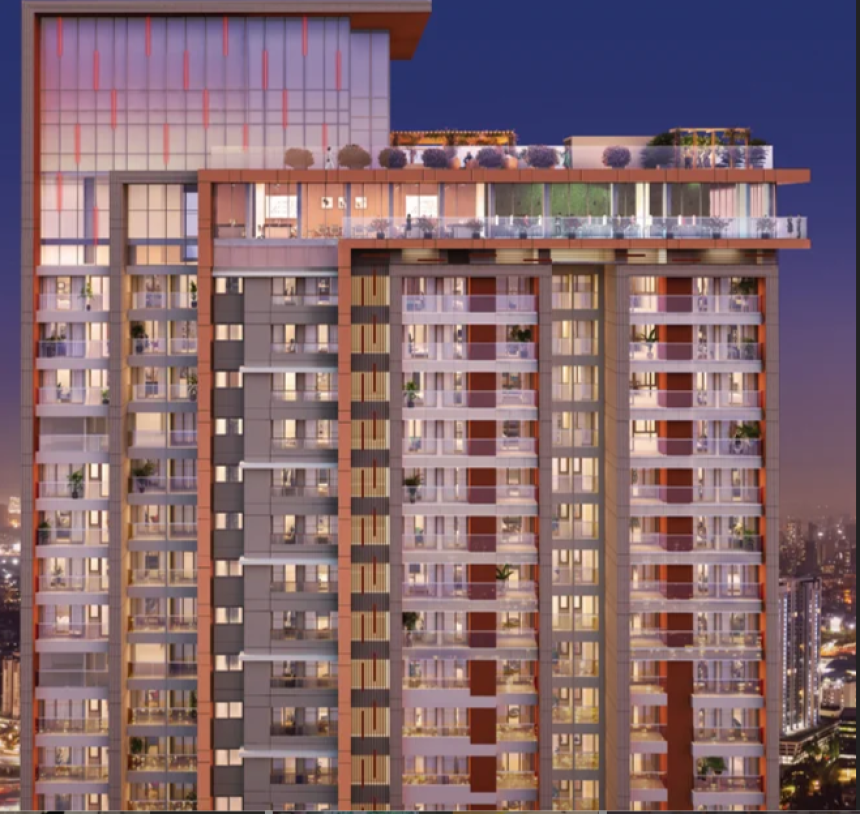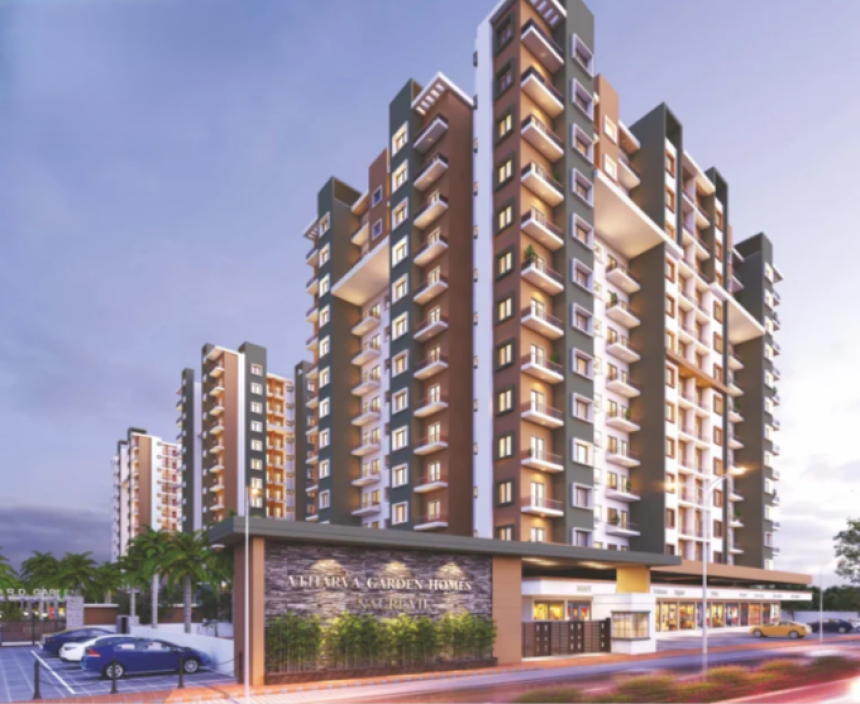
How Inflation and Interest Rates Are Impacting Indian Real Estate
India’s real estate market, often seen as a barometer of economic health, is navigating a nuanced phase in 2025. While housing demand remains strong in many pockets, two powerful macroeconomic forces—inflation and interest rates—are reshaping market dynamics. Understanding how these factors impact the real estate sector is crucial for homebuyers, investors, developers, and policymakers alike.
📊 The Macroeconomic Backdrop
After the global inflation spike post-COVID, central banks worldwide—including the Reserve Bank of India (RBI)—tightened monetary policy to control price rises. As a result, interest rates have steadily climbed from their historic lows during the pandemic era.
India’s consumer inflation is now more stable but still fluctuating, hovering around the 4–5% mark in early 2025. At the same time, the repo rate has remained above 6.5%, directly influencing home loan EMIs and construction borrowing costs.
💰 How Inflation Affects Real Estate
1. Rising Construction Costs
Inflation raises the prices of key inputs like cement, steel, bricks, labor, and transportation. This affects:
- Developer margins, leading to cautious launches
- Property prices, particularly in the under-construction segment
- Delays or downsizing in large-scale projects
2. Higher Property Prices
To offset higher input costs, many developers are passing the burden to buyers. While ready-to-move properties have seen moderate appreciation, new launches in metros and Tier 1 cities have seen price hikes of 7–12% in the last 18 months.
3. Hedging Against Inflation
Interestingly, real estate is also viewed as a hedge against inflation. Tangible assets like property often retain or grow in value when currencies lose purchasing power, making real estate a preferred investment during uncertain economic times.
🏦 Interest Rates and Their Ripple Effect
1. Home Loan EMI Pressure
With repo rates elevated, home loan interest rates have risen to 8.5–9.5% in many banks. This increases EMIs, especially affecting:
- First-time buyers in the affordable housing segment
- Middle-income buyers considering larger or second homes
- Sentiment in rate-sensitive cities like Pune, Ghaziabad, and Jaipur
2. Demand Shifts to Smaller Cities or Smaller Homes
To cope with higher EMIs, buyers are adjusting expectations—downsizing unit size or exploring Tier 2/3 cities where prices are more manageable. This trend is redistributing demand geographically.
3. Developer Financing Becomes Costlier
Higher interest rates also affect developer borrowing costs, slowing down:
- New project launches
- Land acquisition
- Construction timelines
This particularly affects smaller or unorganized builders who depend heavily on loans.
🔍 Navigating the Market in 2025
For homebuyers:
- Lock in fixed-rate home loans where possible
- Prioritize ready-to-move or near-completion projects to avoid cost escalations
- Factor in total cost of ownership, including maintenance and taxes
For investors:
- Focus on rental yield as a buffer against rising costs
- Diversify into commercial or warehousing assets where lease contracts may be inflation-indexed
- Consider Tier 2/3 cities with strong infrastructure and demand
✅ Final Thoughts
Inflation and interest rates are acting as both a brake and a filter on India's real estate market. While demand hasn’t disappeared, it’s becoming more selective, price-conscious, and value-driven. Developers, banks, and buyers are adapting in real time.
Ultimately, the fundamentals of Indian real estate remain strong, but prudence is the new buzzword in 2025. Staying informed, financially prepared, and geographically diversified is the key to riding this wave wisely.
For more details, click here www.bharatpropertty.com





